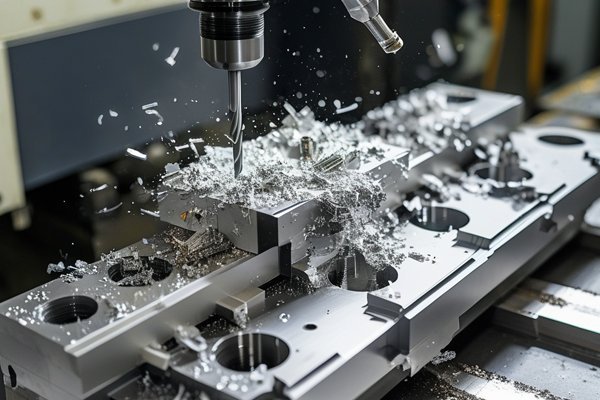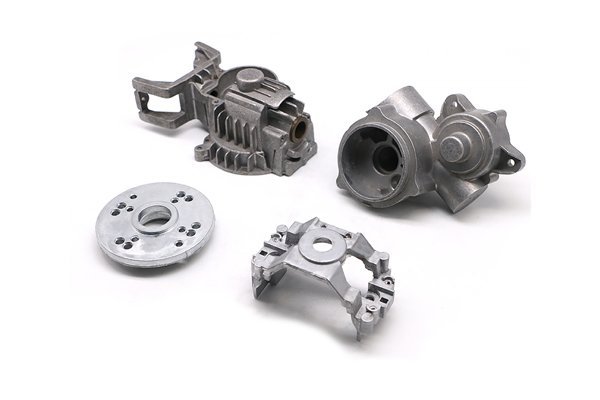Opening:
Did you know that the right material selection can extend the service life of CNC machined parts by as much as 50%? In the world of CNC machining, choosing the appropriate materials is not just a matter of performance or application suitability; it’s also crucial for longevity and cost-effectiveness. As businesses strive for efficiency and durability, understanding how material selection impacts the lifespan of CNC products can be an essential game-changer.
to CNC Machining Material Selection
CNC (Computer Numerical Control) machining is a transformative technology that automates the production of intricate parts and components across numerous industries. However, the effectiveness of this technology greatly depends on selecting the right materials. The suitable material ensures that the parts can withstand the expected stresses and forces in their specific applications. In this blog, we will explore how to choose materials for CNC machining that contribute to extending the service life of products, backed by the latest findings and industry practices.
Understanding the Importance of Material Selection
When it comes to CNC machining, the material you choose plays a direct role in determining several key factors:
Factors to Consider in Material Selection
The mechanical properties of a material are paramount when evaluating its suitability for specific applications. Consider the following properties:
Understanding the specific composition of a material can shed light on its performance attributes. For example:
Surface finish plays a critical role in the longevity of CNC machined parts. A well-chosen surface finish can enhance hardness, reduce friction, and improve wear resistance. Common surface treatments include:
The operational environment where the CNC machined part will be utilized can dictate suitable material options. Some considerations include:

The ease of machining is another critical element in material selection. Factors may include:
Detailed Approach to Material Selection for Extended Service Life
To select materials that extend the service life of CNC machined parts, consider the following structured approach:
Identify the specific requirements of the application, including load conditions, operational environment, and mechanical stresses.
Conduct thorough research to identify materials with properties that meet the identified requirements. Refer to material databases, datums, or consult with suppliers to gather detailed material specifications.
Before full-scale production, consider creating prototypes to verify choices. This allows for real-world testing and assessment, ensuring that selected materials meet performance expectations.
After producing prototypes or initial batches, review them meticulously to gauge their performance. Monitor for wear, fatigue, and resistance against the expected loads.
Incorporate feedback from operators or end-users to refine material choices continuously. This ensures improvement in service life and overall efficiency in future productions.
Case Studies Highlighting Effective Material Selection
Case Study 1: Aerospace Components
In aerospace, manufacturers often opt for titanium alloys due to their superior strength-to-weight ratio, coupled with excellent fatigue resistance. By selecting titanium, companies ensured that components withstand the intense conditions of flight while meeting safety standards for prolonged periods.
Case Study 2: Automotive Industry
For automotive applications subjected to high temperatures and mechanical stress, the use of ductile cast iron has been increasingly popular for engine blocks. This material choice has resulted in reduced wear and improved longevity, ultimately leading to cost savings over vehicle lifetimes.
The decision to choose appropriate materials for CNC machining can significantly influence the performance and service life of machined parts. Understanding mechanical properties, surface finish impacts, and environmental conditions is essential to making informed choices. Employing a systematic approach toward material selection allows businesses to enhance durability, cost-effectiveness, and product reliability.
In today’s competitive landscape, where every detail counts toward efficiency and sustainability, leveraging knowledge on materials in CNC machining is more important than ever. By investing time to comprehend these factors, you empower your business to generate high-quality machined products expected to last and perform well in their respective applications.
Remember, the right material is not just a choice but a long-term investment in the quality and reliability of your CNC machined products. By focusing on material selection, you are not just enhancing service life; you are contributing to a more sustainable, efficient future in manufacturing.






